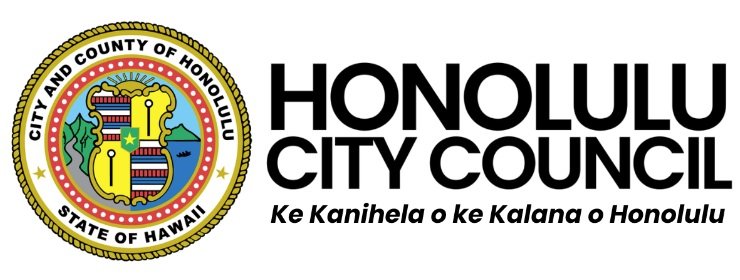Vacant homes tax to generate more kama‘āina housing
Honolulu City Council Chair Tommy Waters is considering a new tax on vacant residential properties. The aim is to encourage homeowners to convert these properties into long-term rentals, thereby increasing the City's inventory of affordable housing for kama‘āina across O‘ahu. According to a housing study conducted by the State of Hawai‘i's Department of Business Economic Development, there are around 14,000 vacant homes on O‘ahu, which amounts to approximately four percent of all houses on the island.
Waters plans to revisit Bill 9, the "empty home tax." The bill was introduced in 2022 to achieve the following goals:
Encouraging existing property owners to rent or sell their vacant housing stock for use as homes for residents.
Increasing the city's supply of homes which would more effectively meet demand and reduce market pressures that cause high and unaffordable prices.
Raising additional tax revenue to fund affordable housing and homelessness solutions - the proposed vacant homes tax is not just about increasing the City's housing supply but also about making a significant contribution to addressing the pressing issue of homelessness and the need for affordable housing in Honolulu.
“One thing is clear: upping our inventory of affordable housing for residents, what we like to call ‘kamaaina housing,’ is one of if not the most important issue we face throughout our state,” said Council Chair Tommy Waters. “This is one of several solutions to help address the housing crisis, and while it won’t be the silver bullet we desperately need, it certainly has the potential to add to our inventory in the short term and even provide the City with extra revenues that will shake out from voluntary non-compliance of property owners who are willing to pay the tax.”
But the chair and presiding officer of the City Council also understands that some homeowners may own vacant or unoccupied properties for good reason, including life circumstances. These include homeowners undergoing medical issues, are on military deployment, or who may have recently passed away. “There are 11 exemptions, and before any taxes are assessed, the Administration will take the time to work and verify with the homeowner their proof of occupancy, and specifically any qualifications for the exemption they may have,” Waters said, providing reassurance about the fairness and flexibility of the proposed tax.
“This tax will help convert existing investment properties into housing for residents without the need for costly construction, long development, permitting delays, and the use of more land for development,” said housing advocate Ellen Carson. “The tax will increase the affordable housing stock for residents by encouraging long-term rentals and providing funds for the construction of new affordable housing.”
The vacation homes tax is one of several measures the Council is considering to create more access to adequate kama‘āina housing over non-residents or investors. These initiatives aim to address residents' unique challenges in finding affordable housing in a state where real estate prices are escalated due to demand from outside investors.
Kama‘āina housing initiatives may include subsidized housing projects, affordable housing developments, or special programs that offer preferential treatment to residents in purchasing or renting properties. These programs can vary in scope and nature, but they share the goal of providing housing opportunities that prioritize the needs of Hawai‘i's residents. Ultimately, kama‘āina housing is a testament to the City's commitment to residents across all income brackets and its efforts to address the unique challenges of affordable housing in Hawai‘i.
